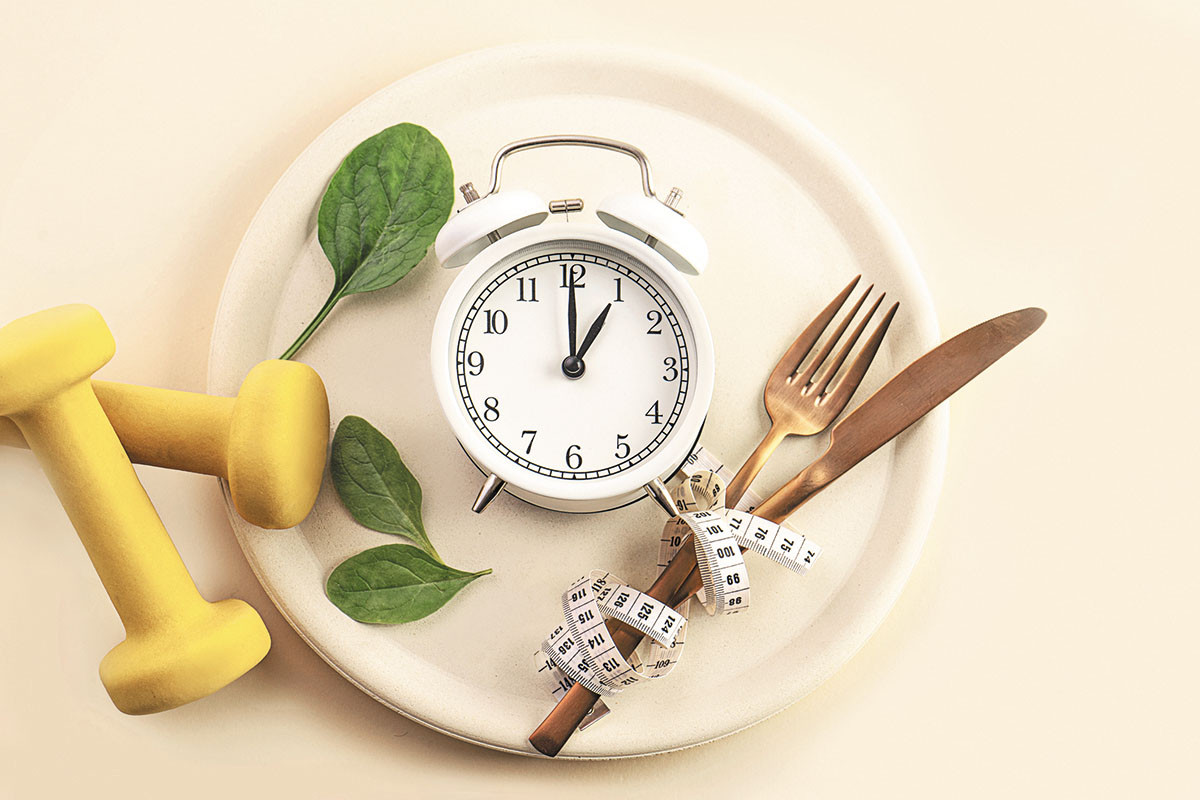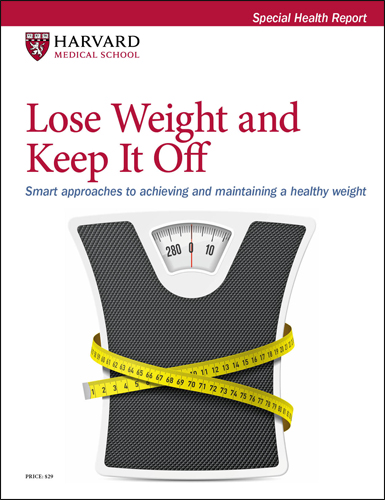How can meal schedules affect your weight?
Ask the doctor

Q. A friend told me she started losing weight when she ate dinner in the late afternoon, rather than at around 8 p.m. (her usual suppertime). How can the time you eat affect your weight?
A. Ten years ago, I would have said that it probably is nonsense. But science keeps learning new things about the human body. How many calories you take in, and how much activity you engage in, still matters… a lot. But several studies over the past decade have shown that eating late meals might make it harder to lose weight. A new study from Brigham and Women's Hospital and Harvard Medical School sought to see if it was true and, more important, to see what changes occur in the body to make it true.
Sixteen overweight or obese young adults agreed to participate in an experiment that lasted several months. Their meals and physical activity were controlled by the study. During the "early-meal" study period, they ate the first meal at 9 a.m. and the last meal at 5 p.m. During the "late-meal" study period, they ate the first meal at noon and the last meal at 8:30 p.m. Each study period included a third meal mid-way in between the first and last. Importantly, the total amount of calories during the two study periods, and the physical activity, was identical: only the meal times were different.
Late eating greatly increased hunger, decreased levels of an appetite-reducing hormone (leptin), increased the amount of fat that was stored, and decreased the amount of fat that was burned, over the 24-hour day. Late eating did that by changing the activity of the genes that control the burning and storage of fat. Thus, this new study confirmed earlier studies that said eating late encouraged weight gain, and the study also showed why.
While this was a small study, and needs to be confirmed by other scientists, it makes sense to me. Several years ago, my wife and I decided to switch to eating a large breakfast and a second large meal in midafternoon, with healthy nibbles (nuts, fruit) in between, and maybe a dessert at around 6 p.m. Our smart watches monitored our daily activity level and our sleep.
Three things quickly became clear. First, to our surprise and delight, we didn't feel hungry. Second, as we expected and hoped, we started to lose weight. Third, and unexpected, we got more deep sleep at night. Dinner with friends at a "normal" hour is invariably followed by a bad night's sleep. Several recent studies have found the same effect of late eating on sleep quality.
So I recommend that you try our two-large-meal program, or at least have the last of your three meals end before 5 p.m. You might be surprised by the results.
Image: © Iryna Veklich/Getty Images
About the Author

Anthony L. Komaroff, MD, Editor in Chief, Harvard Health Letter; Editorial Advisory Board Member, Harvard Health Publishing
Disclaimer:
As a service to our readers, Harvard Health Publishing provides access to our library of archived content. Please note the date of last review or update on all articles.
No content on this site, regardless of date, should ever be used as a substitute for direct medical advice from your doctor or other qualified clinician.
















